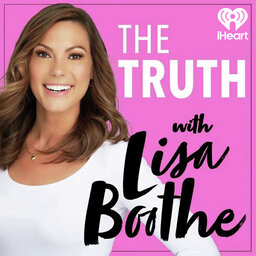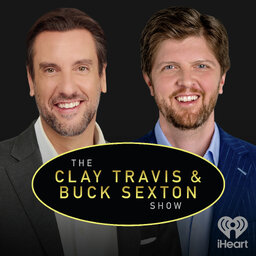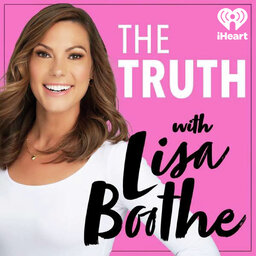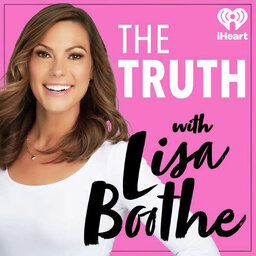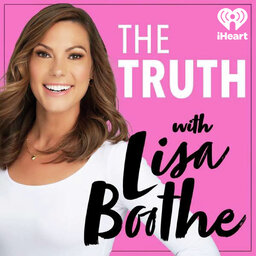In this podcast episode, Lisa interviews Chloe Cole, a detransitioned individual, who shares her personal journey of transitioning as a child and the challenges she faced. Chloe discusses the lack of support during her detransition and the financial motivations behind transgender surgeries. She emphasizes the importance of exploring oneself and not rushing into life-altering decisions at a young age. Chloe also shares her passion for art and her desire to pursue fashion design as a career. The Truth with Lisa Boothe is part of the iHeartRadio Podcast Network - new episodes debut every Monday & Thursday.
 The Truth with Lisa Boothe
The Truth with Lisa Boothe